
Face Reality
Brilliant Defense SPF 50
$38.00
$42.00
For dull, uneven, or pigmentation-prone skin that wants protection and radiance.
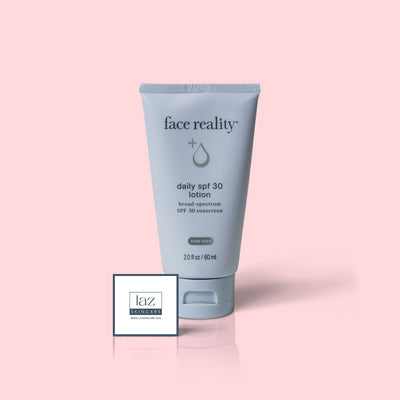
Face Reality
Daily SPF 30 Plus
$32.00
$35.00
Chemical sunscreen that protects acne-prone skin without pore-clogging. Ideal for dry skin and any skin tone.
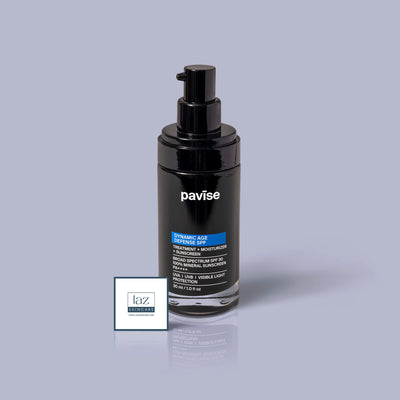
Pavise
Dynamic Age Defense SPF 30
$52.00
Multi-tasking mineral SPF that protects for up to 8 hours without reapplication, while hydrating and improving skin tone and firmness.
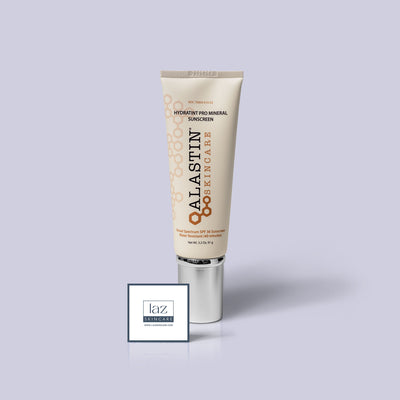
Alastin
Hydratint Pro Mineral Sunscreen SPF 36
$84.00
Lightweight zinc oxide formula that blends seamlessly, shields from UVA/UVB, and leaves skin hydrated with a natural bronzed tint.
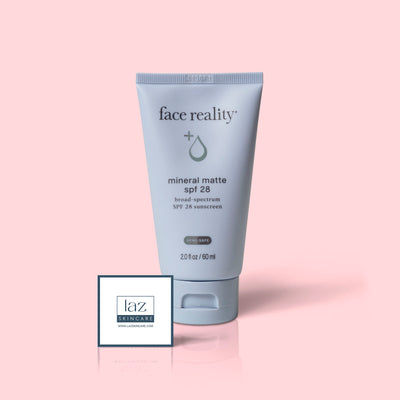
Face Reality
Mineral Matte SPF 28
$32.00
$35.00
Mineral sunscreen that absorbs oil and provides a matte finish. Oilier skin & for lighter skin tones.

Face Reality
PowerMineral SPF 50
$38.00
$42.00
For sensitive, acne-prone, or redness-prone skin, sheer & satin-finish.
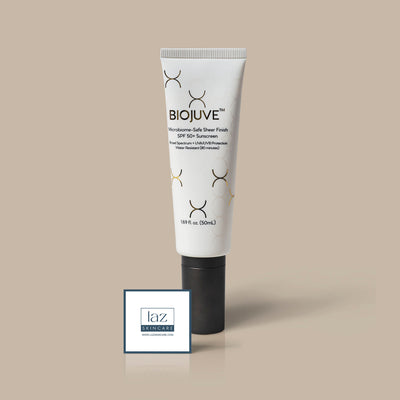
Biojuve
Sheer Finish SPF 50+ Sunscreen
$45.00
Mineral sunscreen that’s lightweight, blends invisibly on all skin tones, protects from UV, and keeps the microbiome undisturbed.
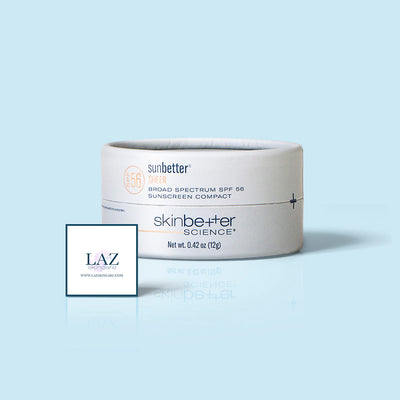
SkinBetter Science
sunbetter SHEER SPF 56 Sunscreen Compact
$65.00
Mineral SPF compact with sheer finish that primes, blurs, and protects.
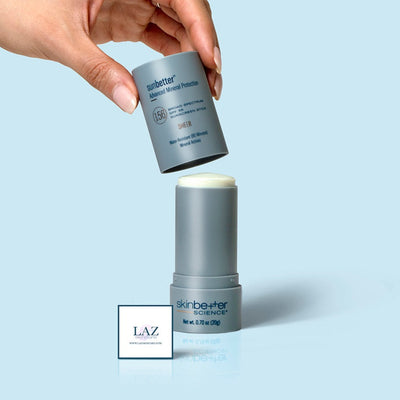
SkinBetter Science
sunbetter SHEER SPF 56 Sunscreen Stick
$55.00
Portable mineral SPF stick with a silky, sheer finish for easy reapplication.
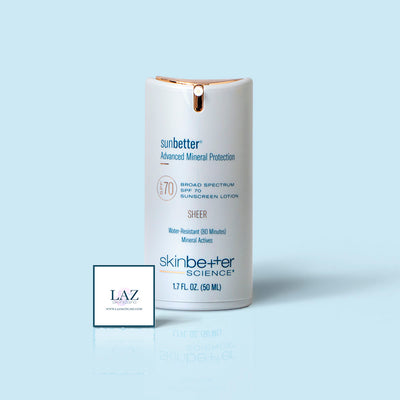
SkinBetter Science
sunbetter SHEER SPF 70 Sunscreen Lotion
$75.00
Highest sheer sunscreen protection in a creamy, lightweight lotion.
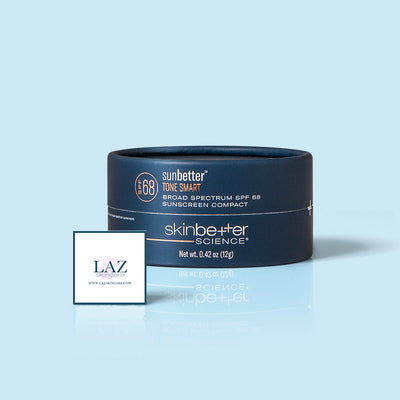
SkinBetter Science
sunbetter TONE SMART SPF 68 Sunscreen Compact
$65.00
Tone-adapting mineral SPF compact with buildable color and priming benefits.
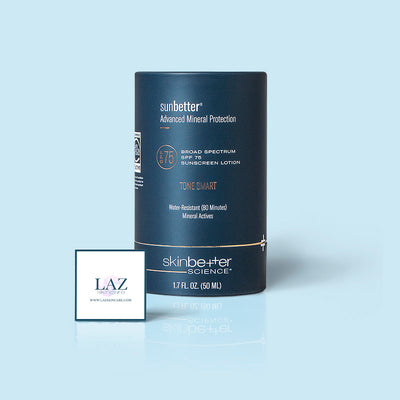
SkinBetter Science
sunbetter TONE SMART SPF 75 Sunscreen Lotion
$45.00
Creamy mineral SPF lotion with tone-adapting color and strong UV defense.
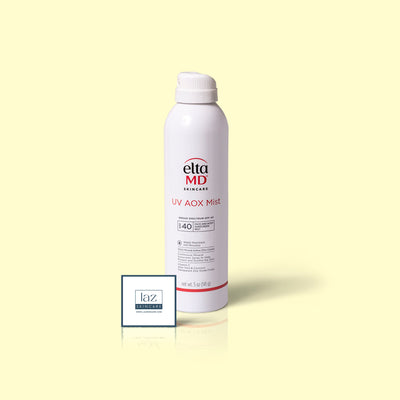
EltaMD
UV AOX Mist SPF 40
$46.00
Lightweight mineral mist spray with antioxidants (Vitamin C, E, and Zinc Oxide) that dries clear with no white cast and makes reapplication easy on face and body.
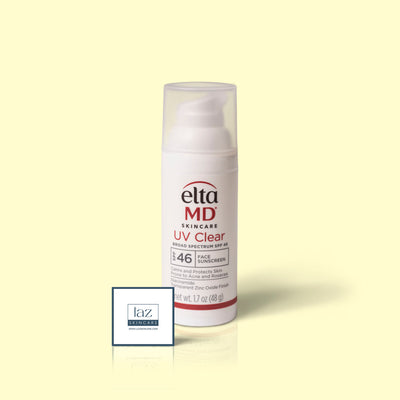
EltaMD
UV Clear SPF 46
$44.00
Lightweight, oil-free sunscreen with niacinamide, hyaluronic acid, and lactic acid that calms breakouts and redness while protecting with transparent zinc oxide.
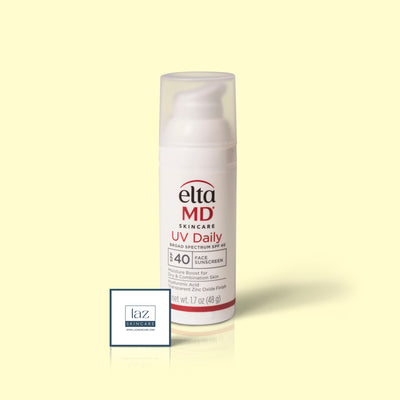
EltaMD
UV Daily SPF 40
$40.00
Hydrating, sheer sunscreen with hyaluronic acid that feels weightless, layers well under makeup, and provides daily broad-spectrum protection.
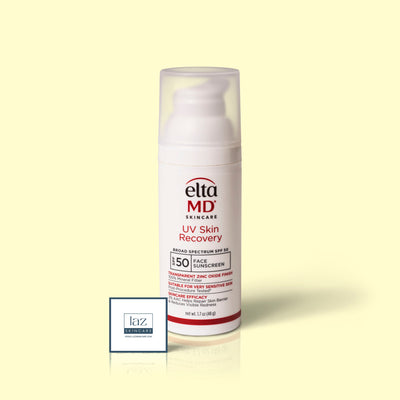
EltaMD
UV Skin Recovery SPF 50
$50.00
Gentle mineral sunscreen with zinc oxide and soothing antioxidants that reduces redness, supports sensitive or post-procedure skin, and delivers high protection.
